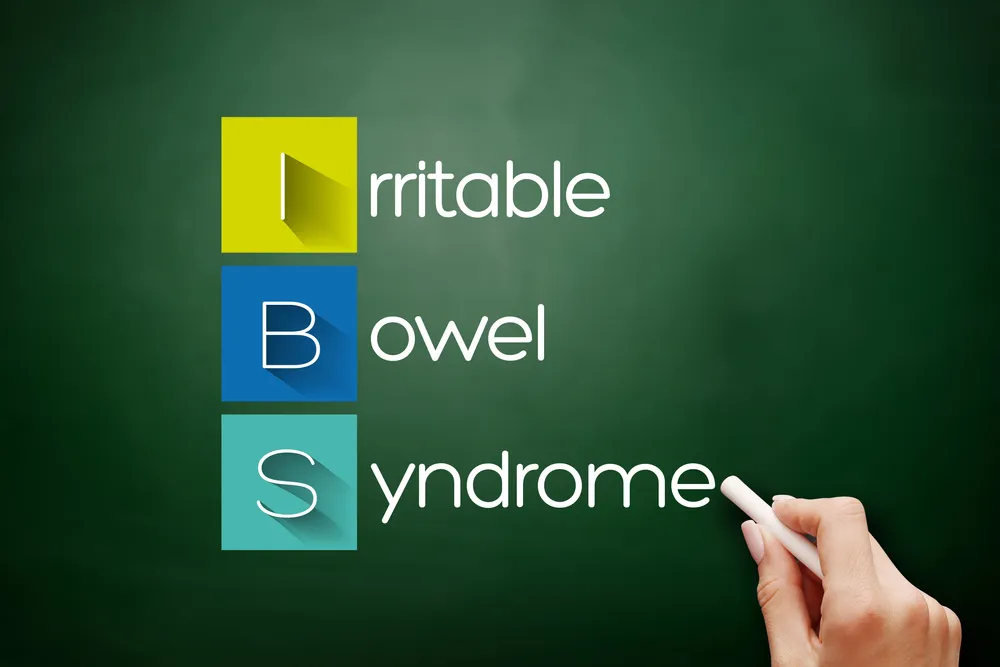
Marijuana for IBS: What the Research Says
Irritable Bowel Syndrome (IBS) is a digestive disorder affecting millions worldwide. It’s characterized by abdominal pain, bloating, gas, and changes in bowel movements. While there is no cure for IBS, many sufferers have found relief from their symptoms through medical marijuana (MMJ).
IBS is an approved medical condition for MMJ in Michigan if it is accompanied by chronic pain or severe nausea, which it usually is. First you need to get approved for a medical card which only takes about 10-15 minutes. The law in Michigan allows you to get approved for a marijuana card online through telehealth, so you don’t physically need to go into a doctor’s office.

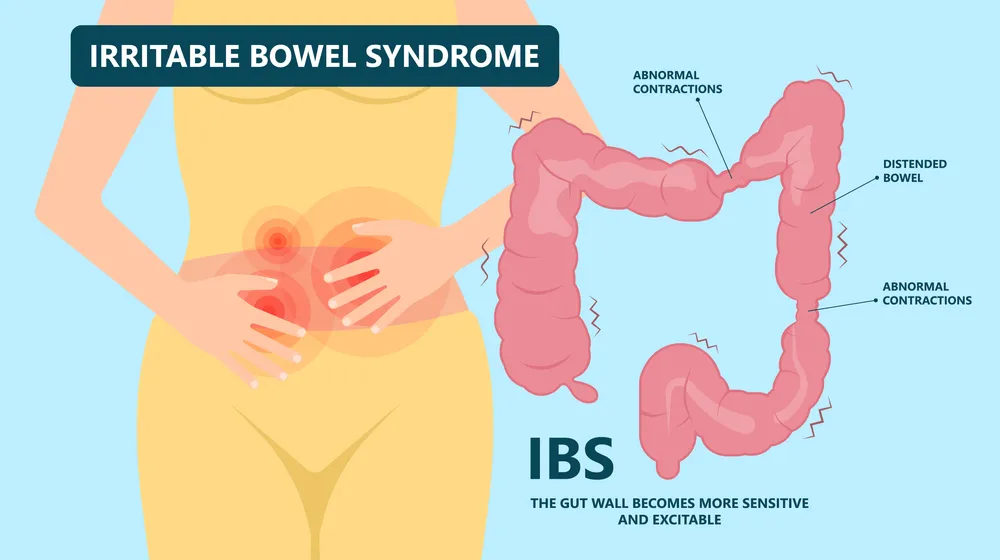
What is the Cause of IBS?
Suffering from IBS can feel like having your life controlled by an invisible force. Symptoms tend to range in severity, and while stress doesn’t cause it, it can worsen matters. We still don’t know what is at the root of this condition or why it’s caused. Symptoms can be mild or debilitating. Living with IBS may affect almost every aspect of a person’s day-to-day life, including physical, emotional, economic, and social well-being.
- Abdominal pain occurs in approximately 70-80% of IBS patients.
- 8- 20% of adults in the Western world report symptoms of IBS (60-70% are women).
- 35 million (15%) people of U.S. adults report IBS symptoms
- 20-40% of patient visits to gastroenterologists are for IBS symptoms.
- 5-10% of the global population has IBS.
3 Different types of IBS
- IBS and constipation (IBS-C)-days with a minimum of one abnormal bowel movement (25+% of stools are hard or lumpy, and fewer than 25% of stools are loose or watery)
- IBS and diarrhea (IBS-D)-days when there is a minimum of one abnormal bowel movement (25% of stools are loose or watery, and 25% or less of stools are hard or lumpy)
- IBS and mixed bowel habits (IBS-M)– days when there is a minimum of one abnormal bowel movement (25%+ of stools are hard or lumpy, and 25%+ of stools are loose or watery)
If you are frequently experiencing changes in your bowel movements, it could be a sign of IBS. To ensure proper treatment and best outcomes, doctors will diagnose IBS based on various types, such as abnormal stool consistency or frequency. It is critical to determine the type since this can help guide medication selection. Some medications may work well for one kind of IBS but worsen another. Talk with your healthcare practitioner if any digestive issues cause you discomfort.
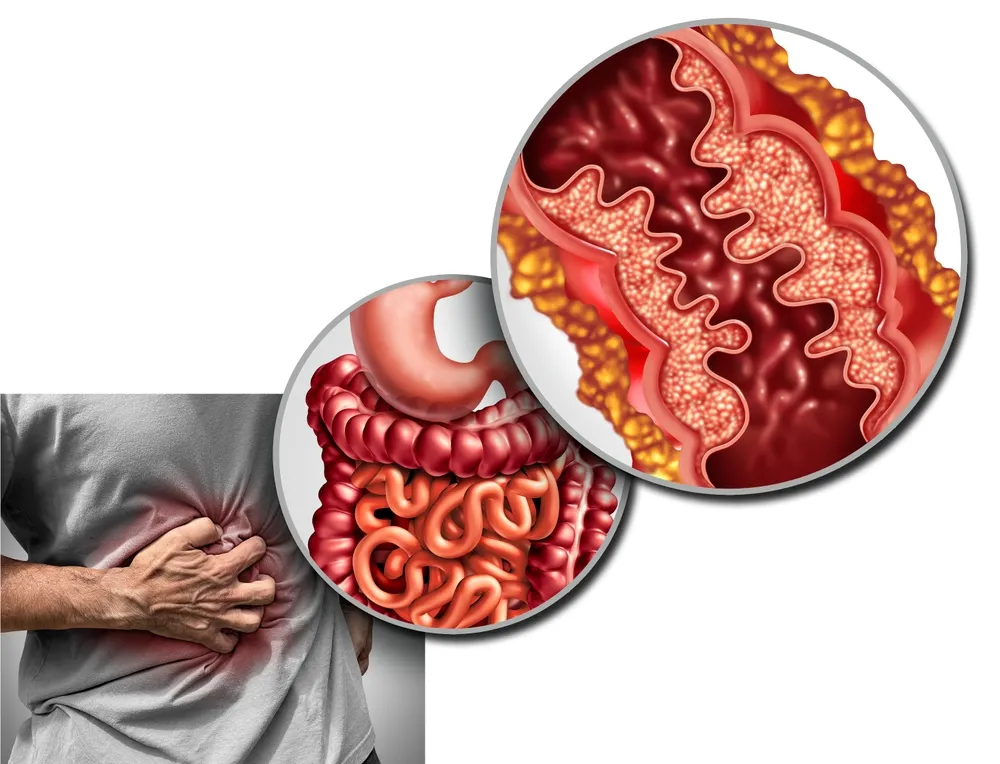
The three types of IBS result from different patterns and changes in your bowel movements or abnormal bowel movements. Your doctor needs to know which type of IBS you have to treat it effectively. Some medicines only work for some types of IBS or worsen other types. If you’ve been feeling off-balance because of digestive issues, your doctor may diagnose you with IBS, even if the pattern of your bowel movements doesn’t align with one specific type. Many people with IBS have regular bowel movements on some days and abnormal bowel movements on other days.
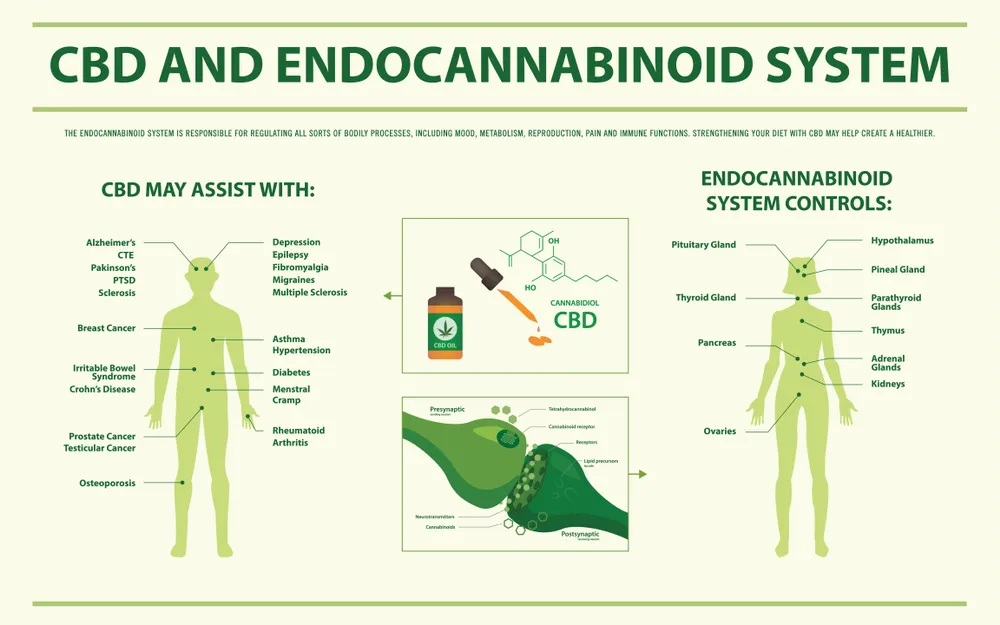
The Endocannabinoid System, Marijuana and IBS
Marijuana works its magic on IBS through the endocannabinoid system (ECS). The ECS is a system of receptors found throughout the body. These receptors regulate several bodily processes, including digestion, mood, memory, and appetite. When marijuana is ingested or inhaled, it interacts with these receptors to help control these processes.
Did you know the endocannabinoid system plays a part in controlling our gastrointestinal systems?
Research on using cannabis to manage IBS symptoms is still scarce. Still, evidence suggests that synthetic THC (dronabinol), which is FDA approved, may help reduce colonic motility for individuals with diarrhea-predominant irritable bowel syndrome. Meanwhile, CBD and THC products have shown promise as anti-inflammatory options for people suffering from inflammatory bowel disease (IBD).
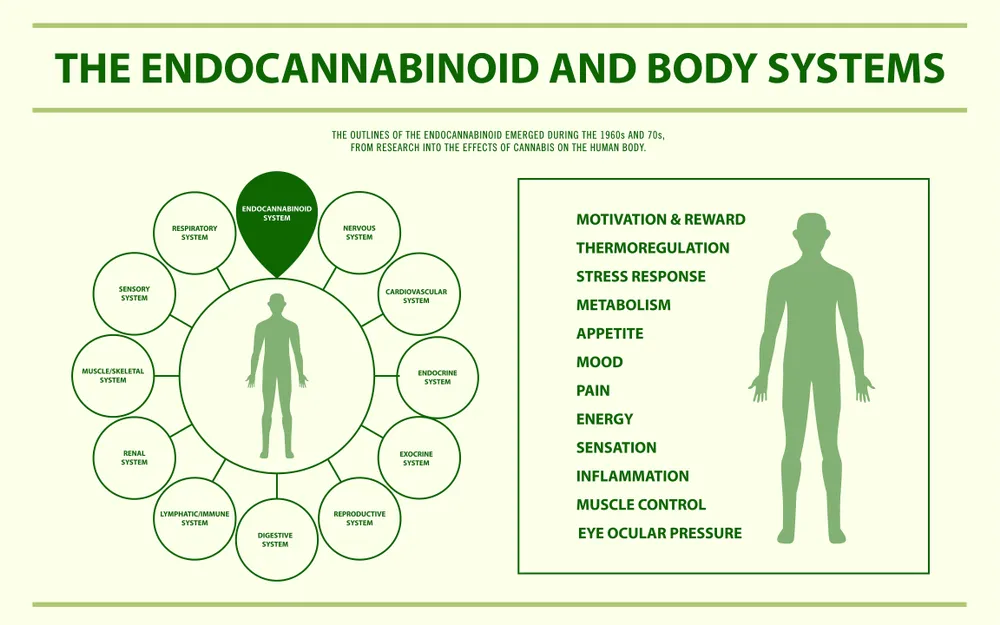
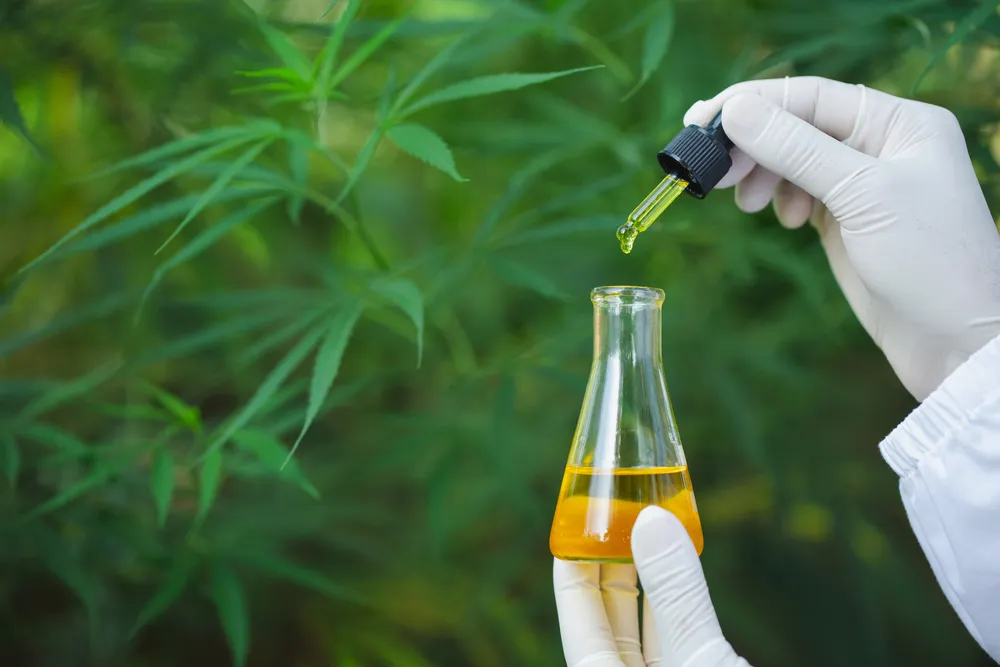
Research on Marijuana and IBS
Marijuana has been a crowd favorite for users trying to relieve pain, nausea, and appetite and improve their overall mood suffering from IBS. Several studies have been conducted on how marijuana can help with IBS symptoms. One study examined how cannabis affected 41 individuals with IBS over eight weeks. At the end of the study, 87% reported an improvement in their symptoms after using cannabis-based treatments. Furthermore, 73% said their treatment was “very effective” at relieving their symptoms suggesting that marijuana may be a safe and effective treatment for those who suffer from IBS.
A study in the New Zealand Medical Journal of cannabis users with IBD reported
- 73% of participants saw improvements in quality of life.
- 25% “very much improved”
- 26% “moderately improved”
- 22% “somewhat improved”
- The most improved symptom from cannabis was abdominal pain
Marijuana and Ulcerative Colitis
In a double-blind, randomized, placebo-controlled study, THC-rich cannabis was proven to be an effective, short-term treatment for those with mild to moderately active ulcerative colitis. Not only did it induce clinical remission, but it also improved the quality of life in these individuals.
Another study looked at how cannabis could help relieve abdominal pain associated with IBS through topical creams or sprays applied directly to areas affected by pain and inflammation. After 12 weeks of treatment, researchers found that participants experienced significant reductions in abdominal pain and improved quality of life measures such as sleep quality and anxiety levels.
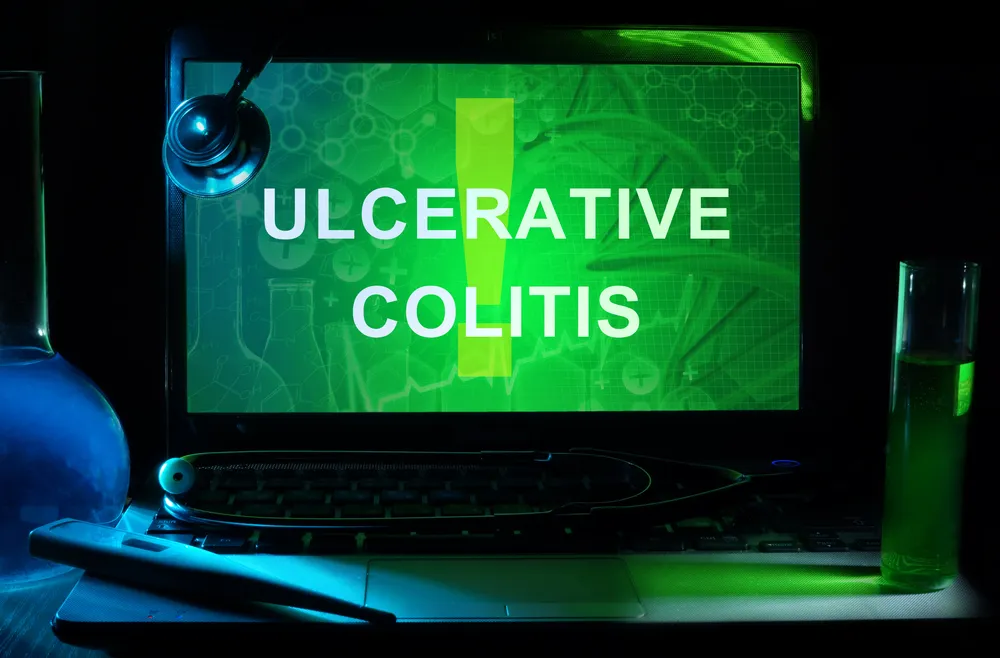
Conclusion:
Some research has shown that marijuana has tremendous promise and may effectively help those suffering from IBS, but the evidence is inconclusive, or it would be FDA-approved. Cannabinoids interact with receptors in the endocannabinoid system and can help reduce inflammation and pain associated with this condition while improving sleep quality and reducing anxiety levels. Consult your doctor before trying new treatments for your condition. Cannabis side effects are minimal for most people, and if your condition causes you a lot of pain and discomfort, it’s worth considering cannabis as a treatment. You may find relief sooner than you think!
Article Reviewed by

Richard Koffler, MD
NPI Number 1467557264
- Dr. Koffler is a Physiatrist, specializing in Physical Medicine & Rehabilitation.
- Graduated from the Sackler School of Medicine at Tel Aviv University in 1993 Dr. Koffler completed a one-year internship in internal medicine at Roosevelt Hospital in New York City.
- Residency in Physical Medicine and Rehabilitation at the Rusk Institute at NYU Medical Center in New York City. Board certified in 1998.
- Trained in acupuncture at Helms Medical Institute at UCLA His medical practice incorporates proven conventional western medicine integrating eastern alternative practices.
- Medical Director of several medical clinics in NYC, Stamford CT, and Miami Beach, FL.


